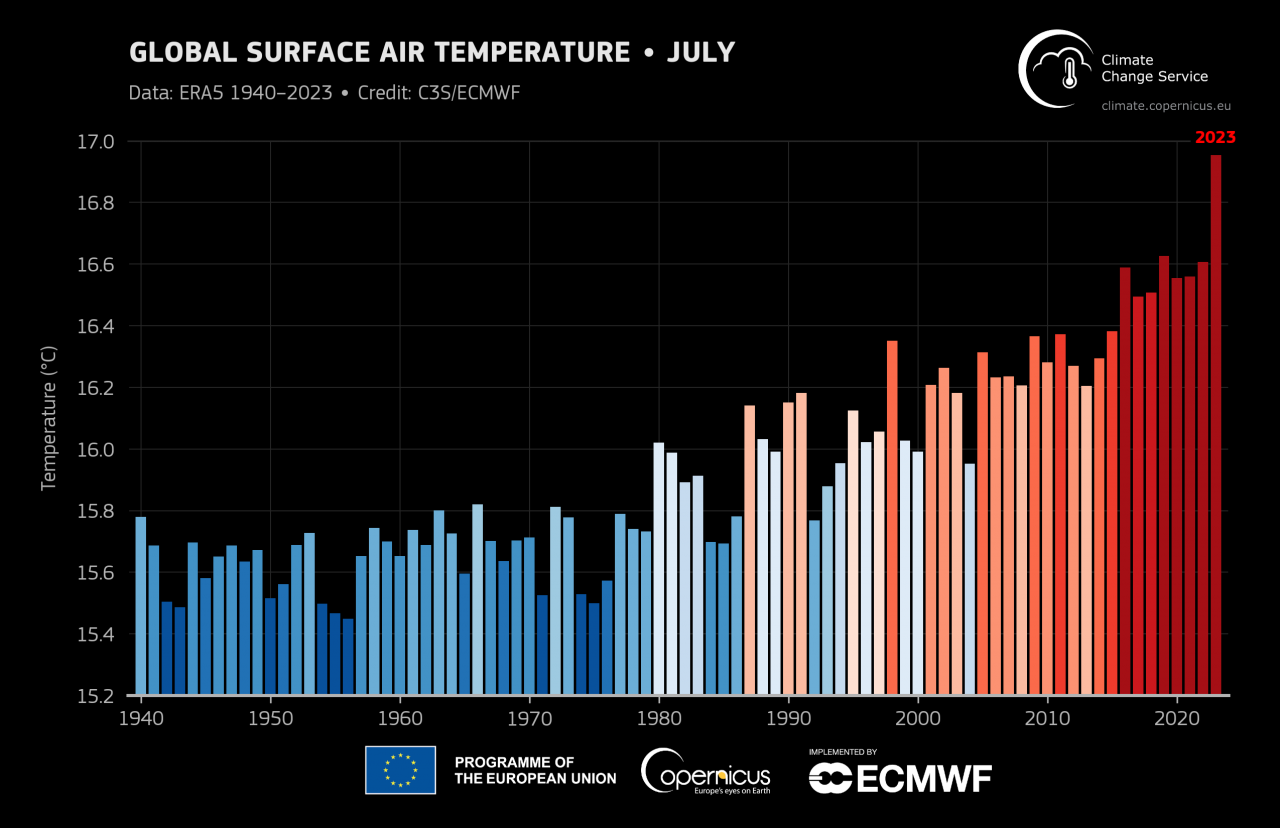Turkey sets new national temperature record, soaring to 50 degrees celsius
The Hassa district in southeastern Hatay province on Aug. 14 shattered the national record for the highest temperature, reaching 50 degrees Celsius and surpassing the previous record held by the eastern Şırnak province since 2021.
Duvar English
Southeastern Hatay's Hassa district made history on Aug. 14, as temperatures soared to 50 degrees Celsius, breaking the national record for the highest temperature. This record had previously been held for three years by the Cizre district of eastern Şırnak with 49.1°C.
Hatay is one of the provinces most affected by the Feb. 6 earthquakes and have been affected by the extreme heat in the summer. While those living in the city are experiencing great water shortages, people have to wait in queues for a long time to get access water from NGOs and government agencies.
Previously, Turkish State Meteorological Service (MGM) announced that temperatures will be 6-10°C above seasonal normals except Marmara and coastal Aegean during the week. The MGM stated that average temperatures would be higher than 40°C in the whole quake region.
Following Hassa, southeastern Urfa’s Siverek district reached 48.5°C, closely followed by southern Adana’s Kozan district at 48.4°C.
The World Meteorological Organization warned that there might be potential new global and national temperature records as intense heatwaves grip the southern USA, Mediterranean, North Africa, Middle East and some countries in Asia during the summer.
The most recent data from the Copernicus Climate Change Service (C3S) has verified that the global surface air temperature in July 2023 reached a historic high since 1940 with 17.18°C. July saw temperatures approximately 1.5°C warmer than the average recorded between 1850 and 1900, a threshold set by the Paris Agreement.


 Istanbul’s water authority head calls for water-saving amid 'catastrophic drought'Environment
Istanbul’s water authority head calls for water-saving amid 'catastrophic drought'Environment Turkey combats 19 wildfires in one day amid extreme heat and sabotagesDomestic
Turkey combats 19 wildfires in one day amid extreme heat and sabotagesDomestic August fill rate of Istanbul dams drops to lowest level since 2014Environment
August fill rate of Istanbul dams drops to lowest level since 2014Environment